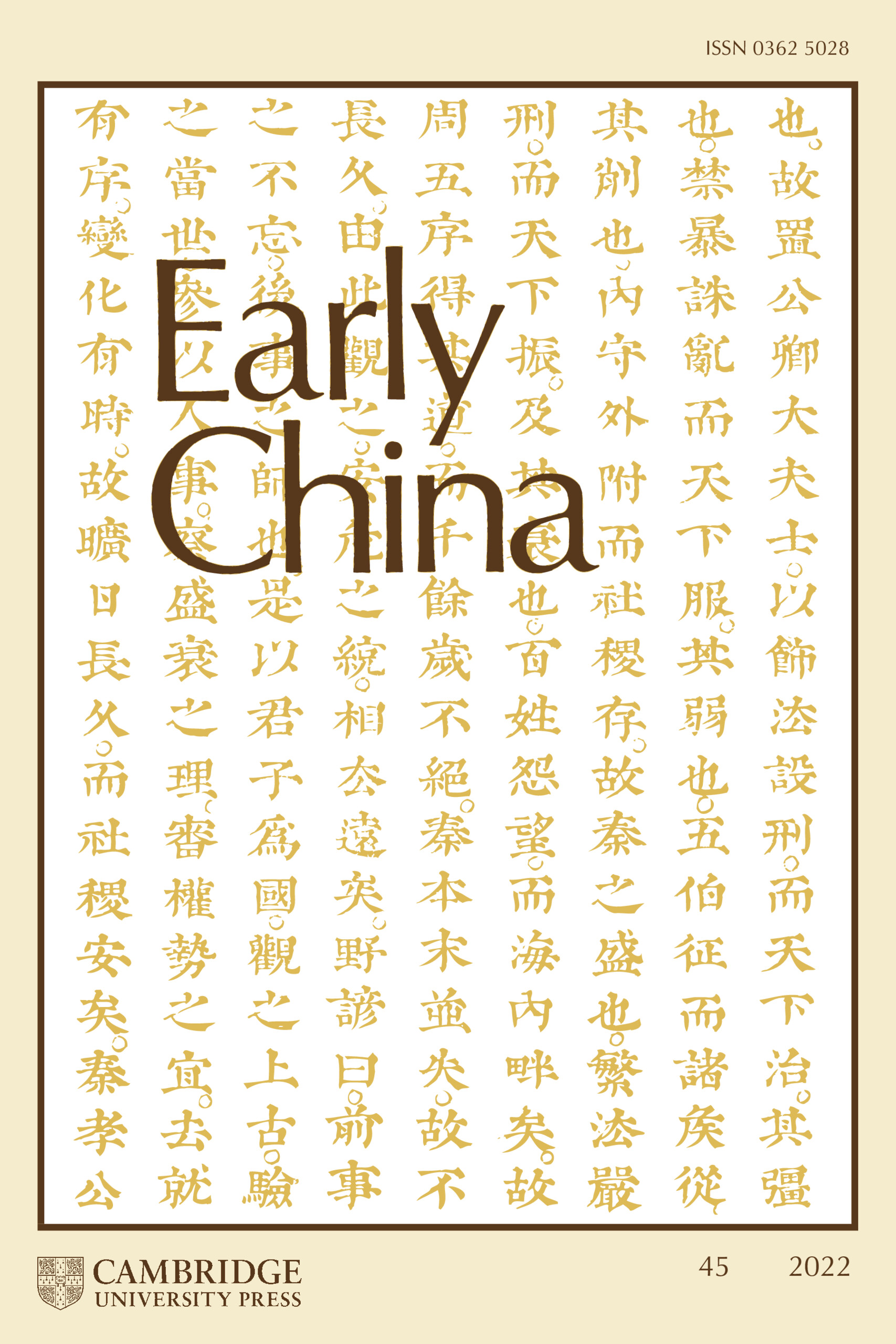A pandemic is stalking the world, storms grow to ever-greater intensity, and fires are raging in many regions, including California where I now live. I recently awoke to a sky glowing red in a night-time darkness that lasted well into the afternoon. The Shang kings would surely have divined and offered as many human and animal sacrifices to their ancestors and the nature spirits as they could possibly muster—unless, of course, the reign was that of the last king, Zhòu Xin 紂辛. Zhòu would have sequestered himself in his pleasure palace, ignored the omens and tragedies among his people, listened to the most fawning of his courtiers, and tortured and executed those who dared to reprimand him.
As a scholar of Early China, I have long been interested in the manner in which “history” was systematically transformed by Warring State period writers to express a political or philosophical stance. Thus, I have always been suspicious of omens that cluster around pivotal events in ancient Chinese texts and accounts that blame dynastic collapse on the immorality of bad last kings. Perhaps I should reconsider. However, we are also now watching as competing historical narratives are consciously being constructed as signifiers of ideological positions and used in the pursuit of political power. This is especially obvious in the US, but it is a global phenomenon.
In 1966, in a speech in South Africa, Robert Kennedy quoted what he took to be an ancient Chinese curse, “May you live in interesting times.” Whether or not this is really an ancient Chinese curse is uncertain. Perhaps a reader of Early China can identify a suitable reference in an ancient, or even modern, Chinese text. In any case, we are clearly living in interesting times.
For those of us who are devoting our lives to the study Early China, the world feels especially precarious because incompatible national historical narratives are playing an ever-increasing role in the international competition for power and influence. This could put pressure on serious scholarship. In the decades since China opened to the West, our field has been invigorated and flourished. An obvious reason is the impact of newly discovered written and material resources. But the intellectual liveliness of our field and its high academic standards are also the result of academic exchanges, as well as the scholarly friendships and collegial relationships that so many of us have developed over the years. We can do little to affect international relations on the macro-level, but I think that it is important that we do what we can as individuals to ensure the continuance of these relationships on the micro-level.



